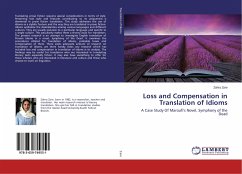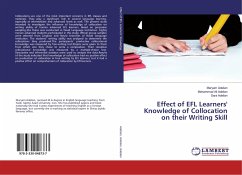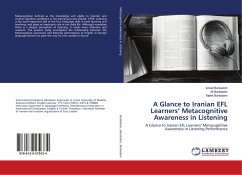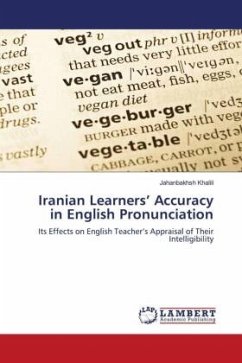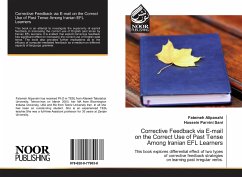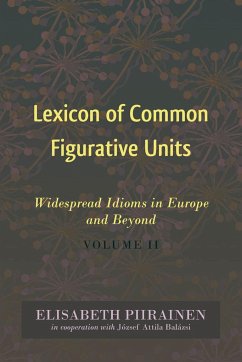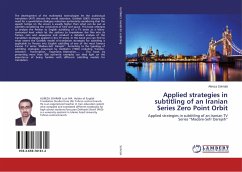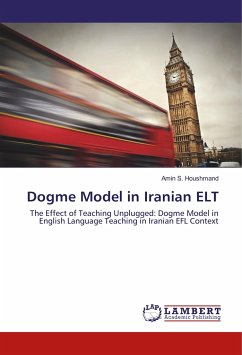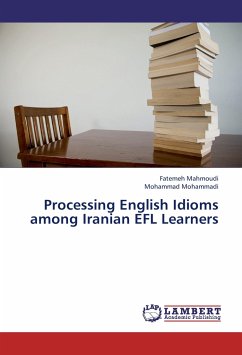
Processing English Idioms among Iranian EFL Learners
Versandkostenfrei!
Versandfertig in 6-10 Tagen
39,99 €
inkl. MwSt.

PAYBACK Punkte
20 °P sammeln!
Idiomatic expressions, whose figurative meanings cannot always be deciphered from the meanings of their constituent parts, have drawn the attention of different scholars in recent years. Because of non-compositionality of idiomatic expressions, they present a special language problem for ESL and EFL language learners. This study investigated the on-line processing strategies used by the Iranian advanced EFL learners who were asked to give the meanings of selected common idioms presented in a written context. the findings of this study can provide those engaged in English language teaching and ...
Idiomatic expressions, whose figurative meanings cannot always be deciphered from the meanings of their constituent parts, have drawn the attention of different scholars in recent years. Because of non-compositionality of idiomatic expressions, they present a special language problem for ESL and EFL language learners. This study investigated the on-line processing strategies used by the Iranian advanced EFL learners who were asked to give the meanings of selected common idioms presented in a written context. the findings of this study can provide those engaged in English language teaching and learning with suitable means for preempting and solving the problemsrelated to idioms and the learning of them.




